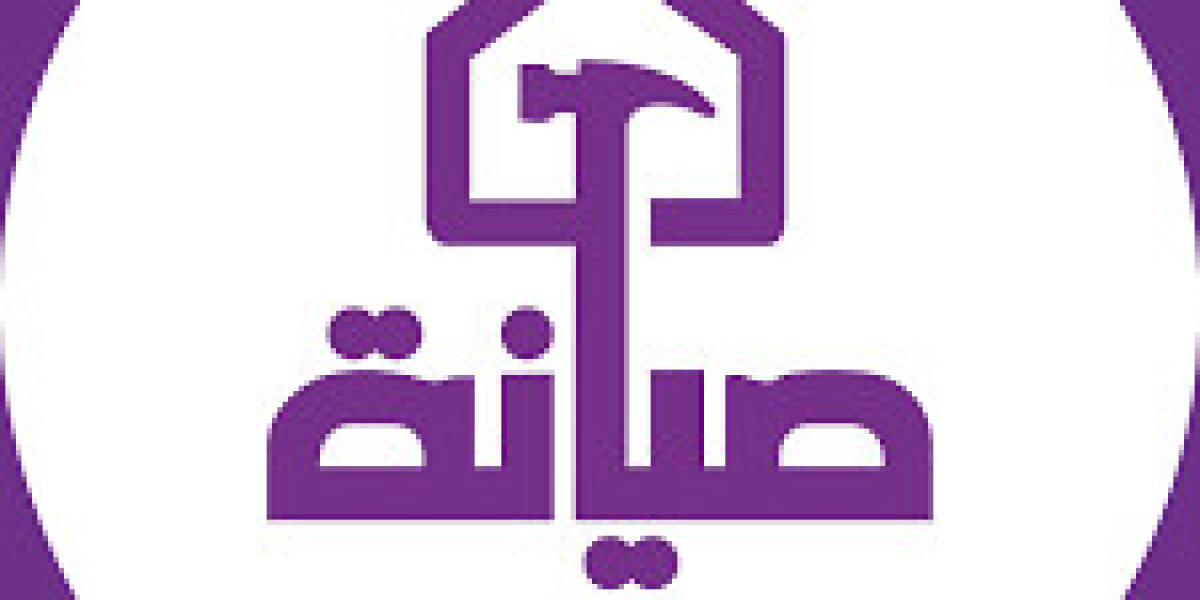Education is the cornerstone of development, yet in many parts of Africa, access to quality education remains a significant challenge. While there has been progress in improving educational opportunities across the continent, millions of children still face barriers that prevent them from reaching their full potential. In this article, we will explore the current state of education in Africa, the importance of educational support, and how individuals and organizations can contribute to making a lasting impact.
The Current State of Education in Africa
Access to Education
Access to education in Africa varies widely between regions. While some countries have made significant strides in improving enrollment rates, others still struggle with low attendance, especially in rural areas. Factors such as distance to schools, lack of infrastructure, and economic hardship often prevent children from attending school regularly.
Quality of Education
Even when children have access to schools, the quality of education they receive can be inconsistent. Many schools in Africa are underfunded and overcrowded, with limited resources and poorly trained teachers. This leads to a significant disparity in educational outcomes, with many students failing to acquire the basic skills needed for further education or employment.
Barriers to Education
Numerous barriers hinder educational progress in Africa. Poverty is a primary factor, as many families cannot afford school fees, uniforms, or supplies. Additionally, cultural practices and gender discrimination often prevent girls from attending school, further exacerbating the education gap. Political instability and conflict also disrupt education, displacing families and forcing children out of school.
The Importance of Educational Support in Africa
Breaking the Cycle of Poverty
Education is a powerful tool for breaking the cycle of poverty. By providing children with the knowledge and skills they need, educational support programs help them secure better jobs and improve their living conditions. Education also empowers individuals to make informed decisions, leading to healthier families and stronger communities.
Empowering Future Generations
Supporting education in Africa is an investment in the continent’s future. Educated individuals are more likely to contribute to economic growth, social stability, and innovation. By equipping the next generation with the tools they need to succeed, we are laying the foundation for a brighter and more prosperous Africa.
Promoting Gender Equality
Educational support is crucial in promoting gender equality. In many parts of Africa, girls face significant barriers to education, including early marriage, gender-based violence, and cultural norms that prioritize boys' education. By supporting programs that focus on girls' education, we can help close the gender gap and create a more equitable society.
Types of Educational Support in Africa
Sponsorship Programs
Sponsorship programs are one of the most direct ways to support education in Africa. By sponsoring a child, you can provide them with the resources they need to attend school, including tuition fees, uniforms, and supplies. These programs often include additional support, such as healthcare and mentoring, to ensure the child’s overall well-being.
School Infrastructure Development
Many schools in Africa lack the basic infrastructure needed to provide a quality education. Educational support can include building new schools, renovating existing ones, and providing essential facilities such as libraries, laboratories, and clean water. Improving school infrastructure creates a better learning environment and encourages more children to attend school.
Teacher Training and Development
Teachers are the backbone of any education system, yet many in Africa lack the training and resources needed to deliver effective instruction. Educational support programs that focus on teacher training can significantly improve the quality of education. These programs provide teachers with the skills, knowledge, and materials they need to succeed in the classroom.
Educational Resources and Materials
Access to books, technology, and other learning materials is essential for a quality education. Educational support can involve providing schools with textbooks, computers, and other resources that enhance the learning experience. This not only improves educational outcomes but also makes learning more engaging and accessible for students.
The Role of NGOs and International Organizations
Examples of Successful Educational Programs
Non-governmental organizations (NGOs) and international organizations play a critical role in providing educational support in Africa. Organizations like UNICEF, Save the Children, and the African Union have implemented successful programs that address various educational challenges. These programs often focus on areas such as early childhood education, girls' education, and vocational training.
Collaboration with Local Communities
Collaboration with local communities is key to the success of educational support programs. By working closely with community leaders, parents, and teachers, organizations can ensure that their programs are culturally sensitive and meet the specific needs of the community. This approach fosters local ownership and sustainability, making it more likely that the programs will have a lasting impact.
Challenges in Providing Educational Support
Political and Economic Instability
Political and economic instability are significant challenges to providing educational support in Africa. Conflicts, corruption, and economic downturns can disrupt education and make it difficult for organizations to implement and sustain programs. Addressing these challenges requires a coordinated effort from governments, NGOs, and the international community.
Cultural Barriers
Cultural barriers, such as gender discrimination and traditional practices, can hinder educational progress. In some communities, education, especially for girls, is not valued as highly as other activities like farming or household chores. Overcoming these barriers requires education and advocacy efforts that engage community leaders and change attitudes towards education.
Sustainability of Educational Programs
Ensuring the sustainability of educational support programs is another major challenge. Many programs rely on external funding, which can be unpredictable and short-term. For educational support to be truly effective, programs must be designed with sustainability in mind, ensuring that local communities can maintain and build on the progress made.
How Individuals Can Contribute to Educational Support in Africa
Donating to Educational Charities
One of the most straightforward ways to support education in Africa is by donating to reputable educational charities. These organizations use your donations to fund various initiatives, from building schools to providing scholarships for disadvantaged students. Even small contributions can make a significant difference in the lives of African children.
Volunteering in Educational Projects
Volunteering your time and skills is another valuable way to support education in Africa. Many organizations offer opportunities for volunteers to teach, build schools, or assist with administrative tasks. Volunteering not only helps improve education but also provides a unique and rewarding experience for those involved.
Raising Awareness and Advocacy
Raising awareness about the importance of education in Africa is crucial for garnering support. You can advocate for educational causes by sharing information on social media, organizing fundraisers, or speaking to your local community. By raising awareness, you help to build a broader base of support for educational initiatives.
Success Stories: Impact of Educational Support
Real-Life Examples of Transformed Lives
Educational support has transformed countless lives across Africa. For instance, a girl who was once unable to attend school due to financial constraints may now be excelling academically and dreaming of a career in medicine. These success stories highlight the profound impact that education can have on individuals and communities.
Conclusion
Educational support in Africa is crucial for addressing the continent's diverse challenges and unlocking the potential of its future generations. By understanding the current state of education, the importance of support, and the various ways to contribute, we can work together to make a meaningful difference. Whether through donations, volunteering, or advocacy, each of us has the power to help improve education in Africa and create a brighter future for its children.








